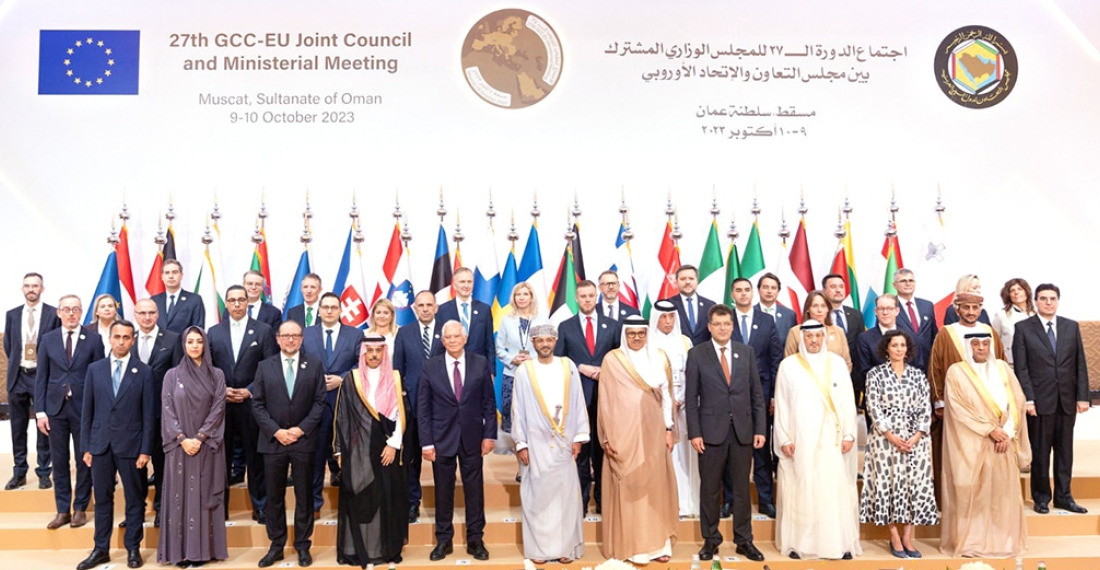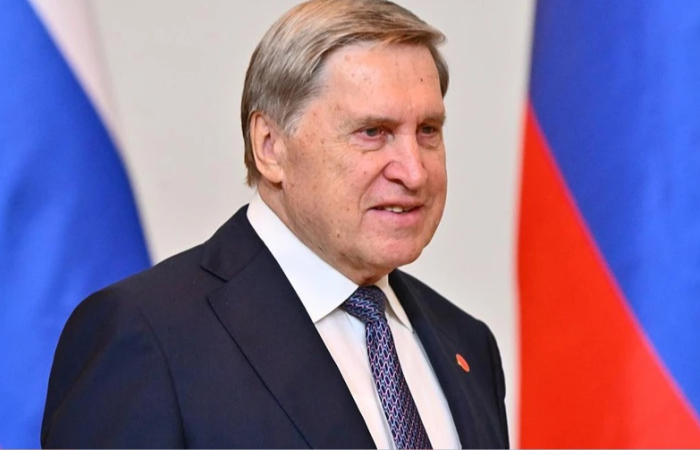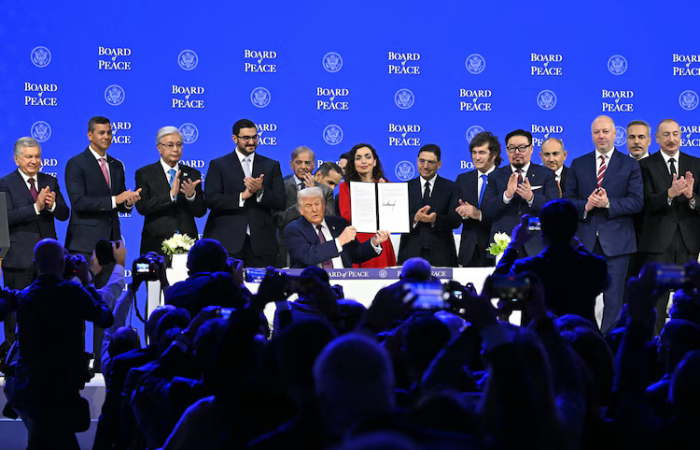It has been planned for many months, and it took place for the first time after a gap of eight years, but the meeting of the foreign ministers of the six GCC countries and the 27 EU member states when it eventually took place yesterday in Muscat, capital of Oman, was inevitably overshadowed by the deepening crisis in the Middle East triggered by Saturday's attack by Hamas on Southern Israel.
Addressing the issue, whilst speaking to the media at the end of the meeting, EU High Representative Josep Borrell stated that in the meeting, the two sides agreed that "the priority is to cease violence and to prevent further regional escalation. It is of utmost importance to ensure the release of hostages, as well as the protection of civilians at all times and by all parties."
Borrell quoted from a long declaration issued by the co-Chair of the meeting - the Joint Council, which expressed
deep concern about the grave developments in Israel and Gaza and condemned all attacks against civilians. It called for the protection of civilians, reminding the parties of their obligations under the universal principles of international humanitarian law. It further called for restraint, the release of hostages and allowing access to food, water and medicines according to International Humanitarian Law, stressing the urgent need for a political solution to the crisis to avoid repeating this vicious cycle of violence. The EU and the GCC Ministers are resolved to deplore violence and urge restraint and calm on all sides and agreed to continue consultations and to remain engaged.
The declaration also made reference to financial aid for Palestinians - an important point following Monday's shambolic handling of the issue in Brussels, which saw the EU position changing several times over the course of the day. It seems that the EU has now finally agreed on its position, and this is also reflected in the joint declaration of the EU-GCC Ministerial:
The Joint Council called for a halt to all acts of violence and any unilateral measures and supported the efforts of Saudi Arabia, the European Union and the League of Arab States to revive the Middle East peace process in cooperation with Egypt and Jordan, to help put an end to the violence and start the path toward peace and security. The EU and the GCC Ministers reiterated their commitment to a two-state solution, living securely side-by-side, based on the 1967 lines, in accordance with the Arab Peace Initiative and all relevant UN resolutions, the maintenance of the historical and religious status quo of the holy sites in Jerusalem, and a just and fair settlement for refugees. They stressed the importance of sustained financial support for UNRWA, the Palestinian Authority, and for the humanitarian and development needs in the Occupied Palestinian Territory.
commonspace.eu political editor said in a comment that it is good that after years of neglect, the EU is finally giving relations with the Gulf Co-operation Council countries the importance that they deserve. The final declaration from the Muscat meeting is ambitious and wide ranging. It needs to be seen how the EU proposes to take it forward, and what is the mechanism it will put in place to ensure that it does not remain merely a piece of paper. The final declaration announces the holding of an EU-GCC summit of Heads of State and Government but gives no details. Whilst this summit will need to be well prepared, the aim should be to have it as soon as possible. But in the meantime the crisis in Middle East will remain the topic of the day for a while, and it is good that, even if by co-incidence of timing, the EU and the GCC countries could co-ordinate their positions in such a sensitive time.







